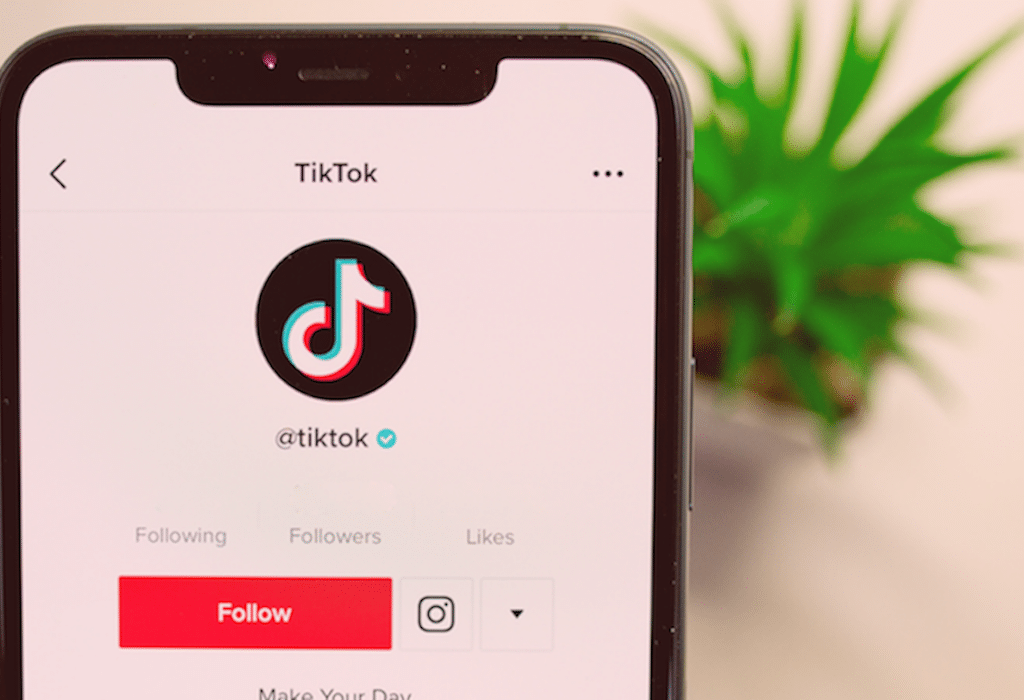
With new social media platforms emerging regularly, one platform has taken the digital world by storm: TikTok. This short-form video platform has grown exponentially in recent years and shows no signs of slowing down, prompting schools to consider its role in their marketing mix.
In this article, we’ll explore innovative strategies for leveraging TikTok’s potential to enhance your School’s marketing efforts.
First things first, what is TikTok?
According to DemandSage,TikTok boasts over 1 billion active users worldwide, making it one of the most popular social media platforms globally. What sets TikTok apart is its unique ability to capture and retain users’ attention. The platform’s short-form videos, typically ranging from 15 to 60 seconds, are designed to be quick, engaging, and entertaining. Although initially taken up by Gen Z, this is becoming increasingly popular with Millennials with children.
So, how can your school use TikTok as part of your marketing mix?
Here’s a few clever ways …
Spark Engagement with Interactive Challenges and Contests
TikTok thrives on challenges and contests that encourage user participation. Schools can tap into this trend by creating their challenges, and inviting students and followers to engage actively. These challenges could range from academic quizzes to creative challenges related to your School’s ethos.
Launch an ‘Academic Excellence Challenge’, where students submit short educational videos explaining complex concepts in a fun and engaging manner. The challenge not only promotes learning but also showcases your School’s commitment to academic excellence.
‘Meet our Faces’ Series with Student Takeovers
Give your students the reins for a day or week. Allow them to take over your School’s TikTok account, providing a glimpse into their daily lives. This approach fosters a sense of community and trust among your followers.
Designate a ‘Student Ambassador of the Week’ who creates content showcasing their daily routines, favourite school spots, and interactions with school staff. This personal touch humanises your School and makes it more attractive to prospective students.
Behind-the-Scenes Tours
Take viewers on captivating behind-the-scenes tours of your School and facilities. Highlight hidden gems, secret study spots, and the vibrant atmosphere that sets your School apart.
Create a series of ‘Secrets of Your School’ videos, revealing intriguing aspects of your School, such as a centuries-old library or your new science lab.
Spotlight on Alumni Success
Showcase the achievements of your alumni to inspire current and prospective students. Share success stories, career journeys, and interviews with graduates who credit your School for their accomplishments.
Launch an ‘Alumni Spotlight Series’ featuring recent graduates discussing the impact of your School on their lives. This content reinforces your School’s reputation for fostering academic success and helping students achieve their career goals.
Interactive Connect and Inform Q&A Sessions
Host live Q&A sessions with school representatives, school staff, or students. Invite viewers to submit questions in advance or during the live session, creating an interactive and informative experience.
Schedule a ‘Student Life Q&A’ session where current students answer queries about school life, extracurricular activities, and academic support.
Educational Mini-Series
Offer bite-sized educational content on TikTok, providing viewers with valuable insights and skills. These mini-series can cover a wide range of subjects, from exam preparation tips to career development guidance.
Launch a ‘Study Smarter’ mini-series where each episode focuses on a different study technique or time-management strategy.
Trend-Savvy Content by Joining the TikTok Trends
Stay attuned to TikTok trends and integrate them into your content. By participating in trending challenges, songs, or memes, your School can stay relevant and increase its discoverability.
Join a trending dance challenge and infuse it with your School’s spirit by featuring students and staff participating in the fun.
TikTok represents a creative and powerful addition to your School’s marketing mix. Its vast and engaged audience, authenticity, creative potential, trend participation, student recruitment capabilities, cost-effectiveness, and tracking capabilities make it a useful platform for schools. By using the power of TikTok, your School can connect with a broader audience, showcase its unique personality, and stay ahead in the competition with other schools. So, don’t miss out on the opportunity—embrace TikTok and unlock its full potential for your School’s marketing success!
If you have any more questions about using TikTok as part of your marketing mix or you’d like to learn more, we would be happy to help advise you. Book a free consultation here










